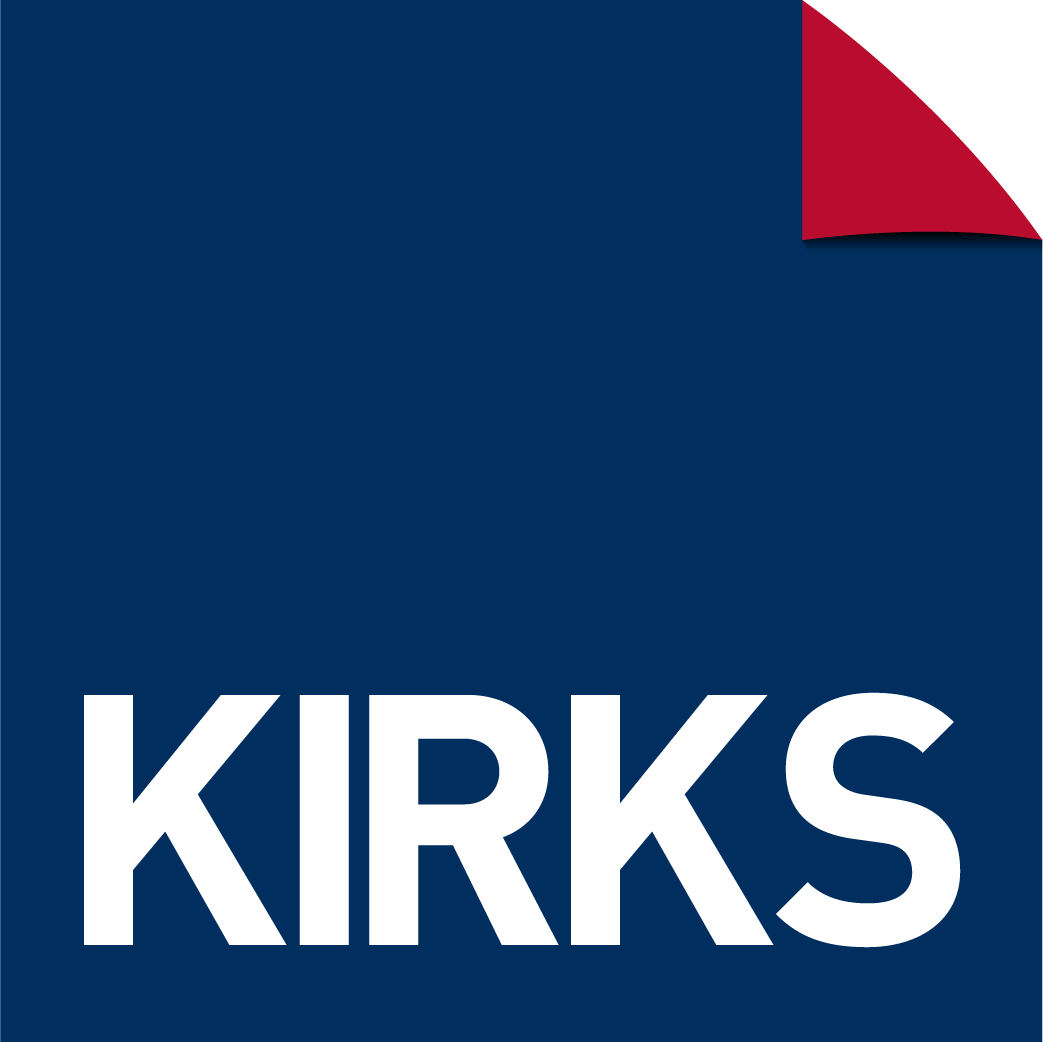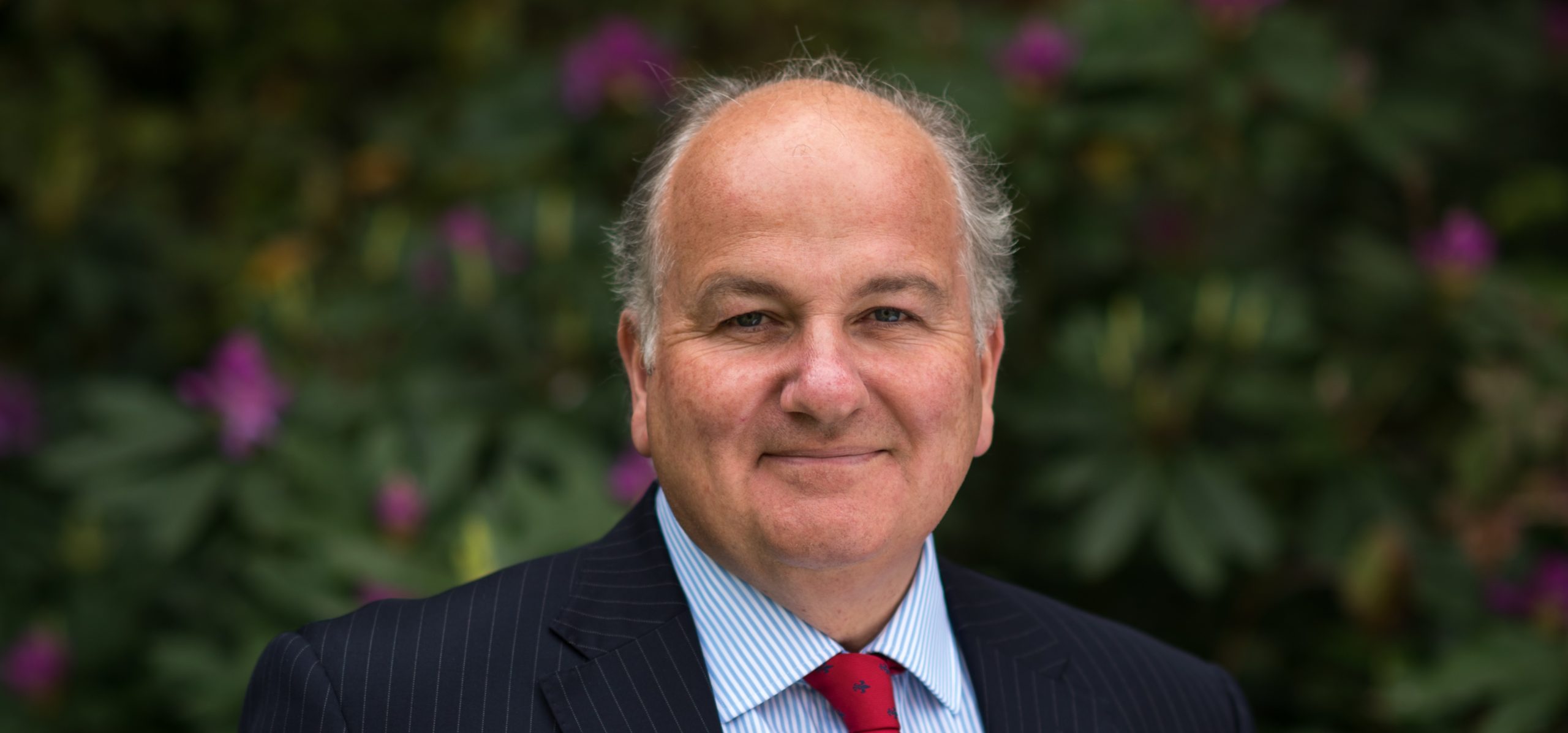Bankrupt Businesses – How Insolvency Practitioners Can Help
The quick answer If your business is insolvent you might want to look at the alternatives than just accepting bankruptcy or liquidation. A better option may be a Company or Individual Voluntary Arrangement or by making early contact to negotiate with key creditors. In more detail Bankruptcy usually refers to a sole trader or partner […]
What Is Bankruptcy?
The quick answer Bankruptcy means your financial affairs will be handled by a Trustee in Bankruptcy. The objective of the trustee is to sell your assets to repay your creditors. Your bank accounts will be frozen. Your home or share in it may be sold to do this. Your credit rating will be very badly […]
Does A Winding Up Petition Mean My Business Will Go Bankrupt?
The quick answer A winding up petition can mean that your business will go bankrupt or into liquidation if you do nothing. You can stop a winding up by: Paying the debt off. Applying to the Court to stop it for a good reason. Asking the Court for an adjournment. Applying for an Administration order. […]
What Happens After Bankruptcy?
The quick answer When you go bankrupt your assets pass (or vest as it is called) to a Trustee in Bankruptcy. Usually, a year later your bankruptcy will end (called being discharged). You are then free to go on with your life, however, you may still have a trustee in place, especially if they have […]
What Is The Difference Between Bankruptcy And Insolvency?
The quick answer The term Insolvency is the term to cover all types of debt problems while Bankruptcy is the term for an individual (whether in business or not) who has been declared bankrupt. Therefore bankruptcy is a type of insolvency. Other types of insolvency for individuals include IVA’s, debt relief orders and debt management […]
My Business Is Bankrupt – What Are My Options?
The quick answer Although you may be deep in debt it may be possible to avoid bankruptcy (or liquidation if you are a partnership or company) if you have a viable business or assets to sell. However, in some cases, going bankrupt may be the best option just to give you a clear start. Bankruptcy […]
Bankruptcy – How Does It Work?
The quick answer There are two ways in which a person can be made bankrupt in the UK: A creditor (someone you owe money to) who is owed over £5,000 can make you bankrupt by applying to Court. You will get notice of the hearing and the right to dispute the debt or attend the […]
Personal bankruptcy
Bankruptcy occurs when a business or individual cannot repay the debts owed to creditors. You can make yourself or your business bankrupt or be forced into it by one of your creditors.


